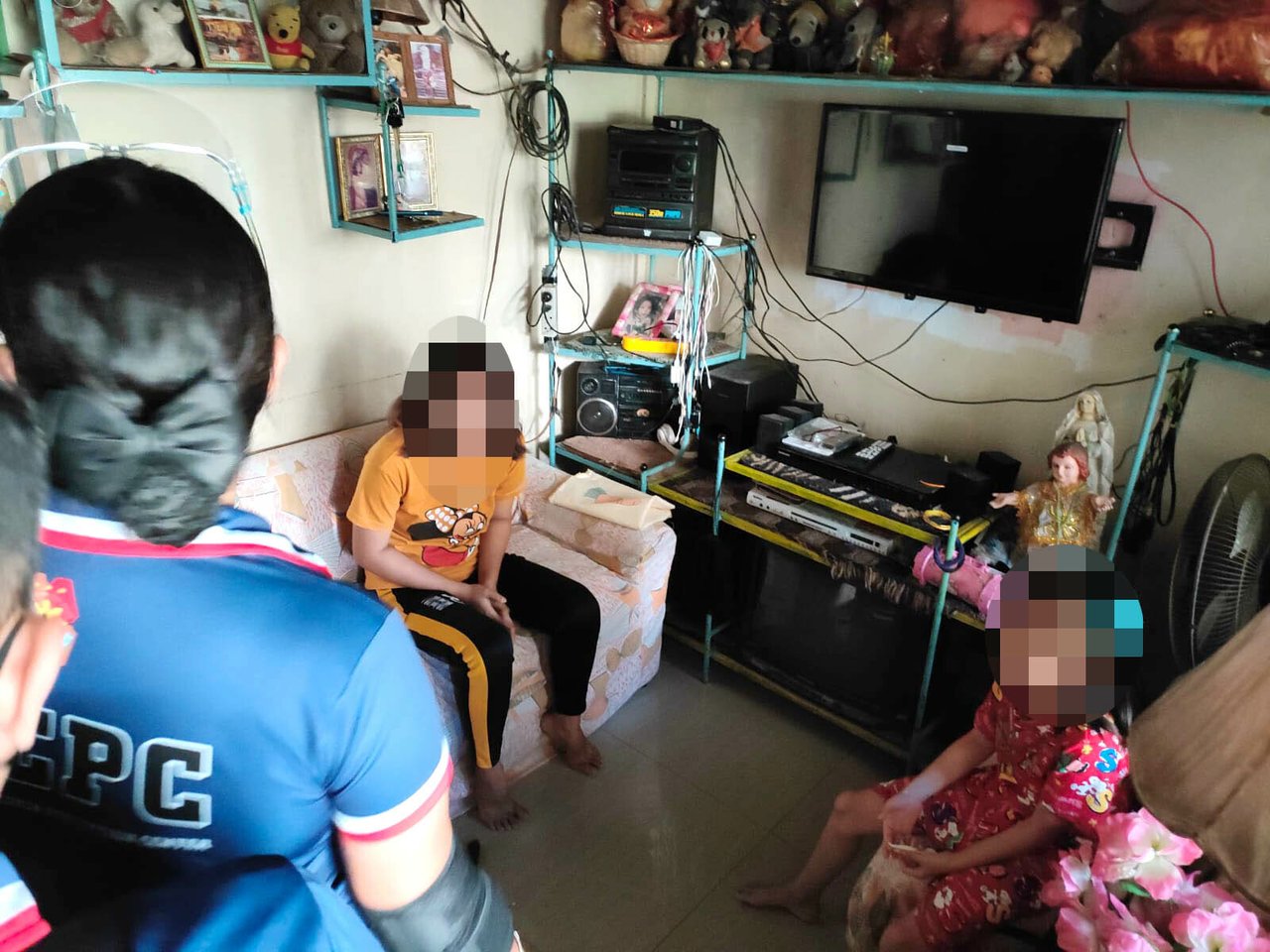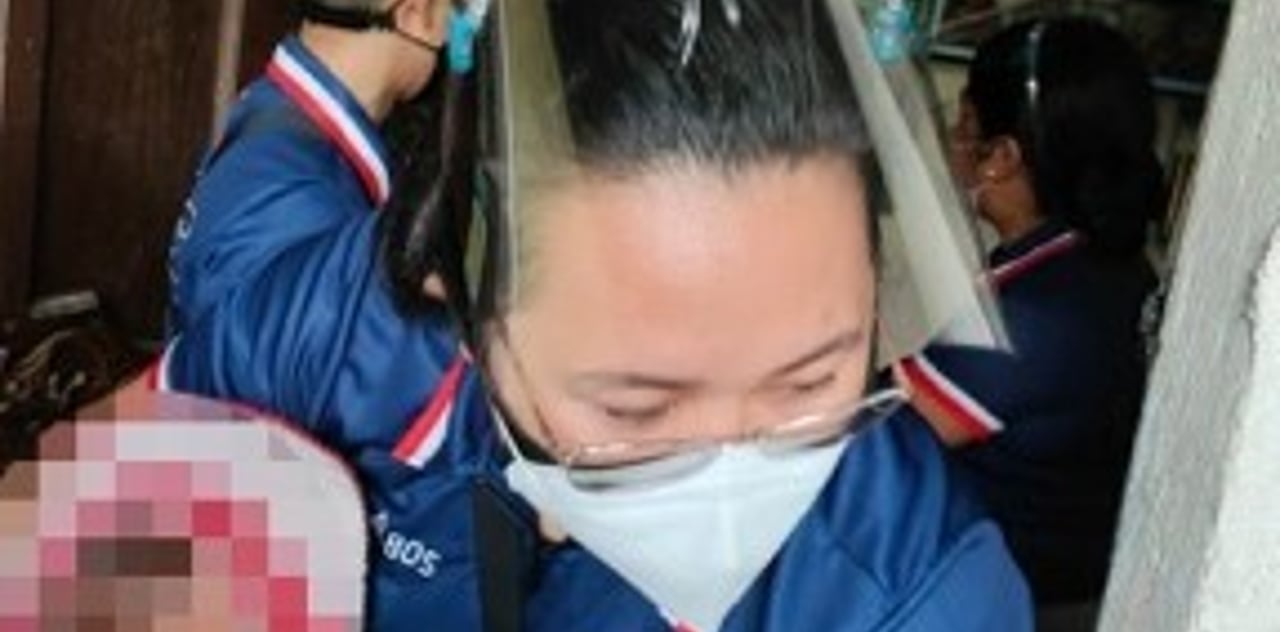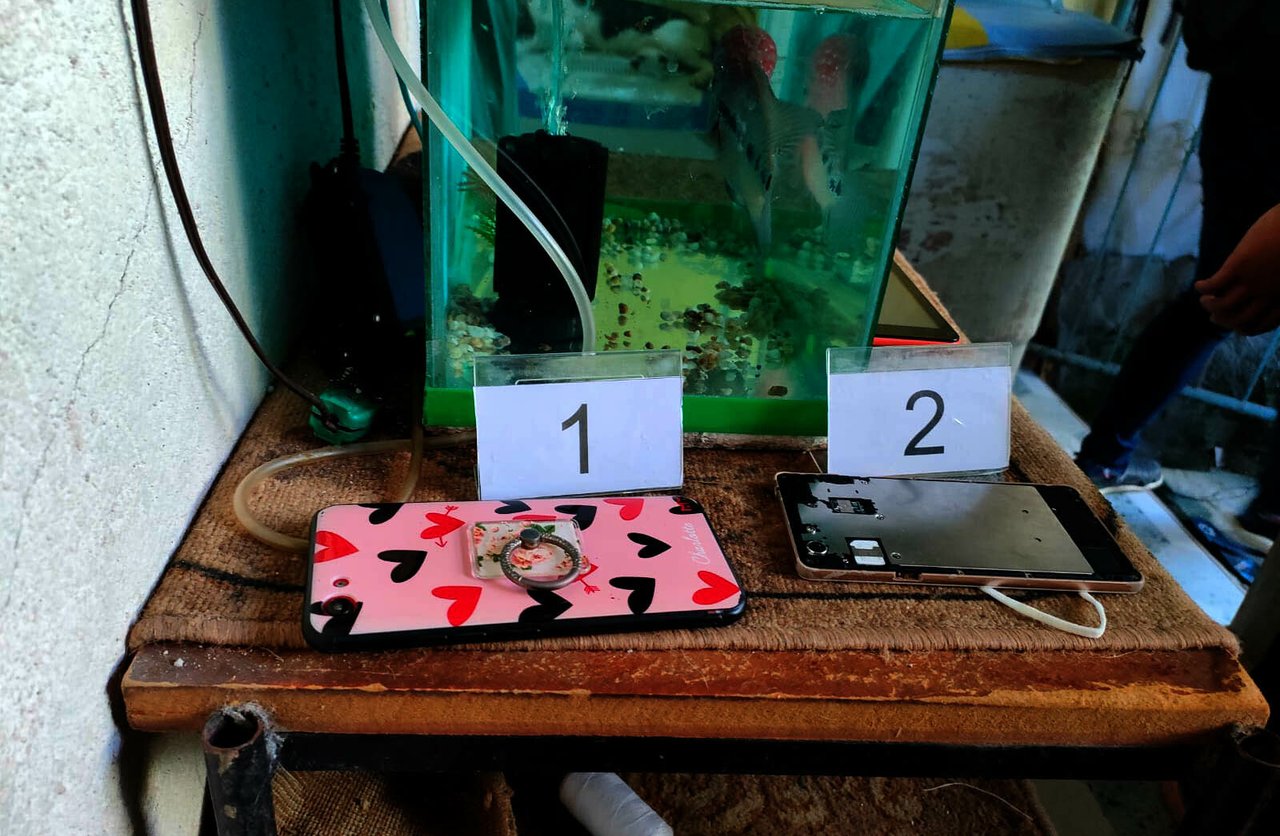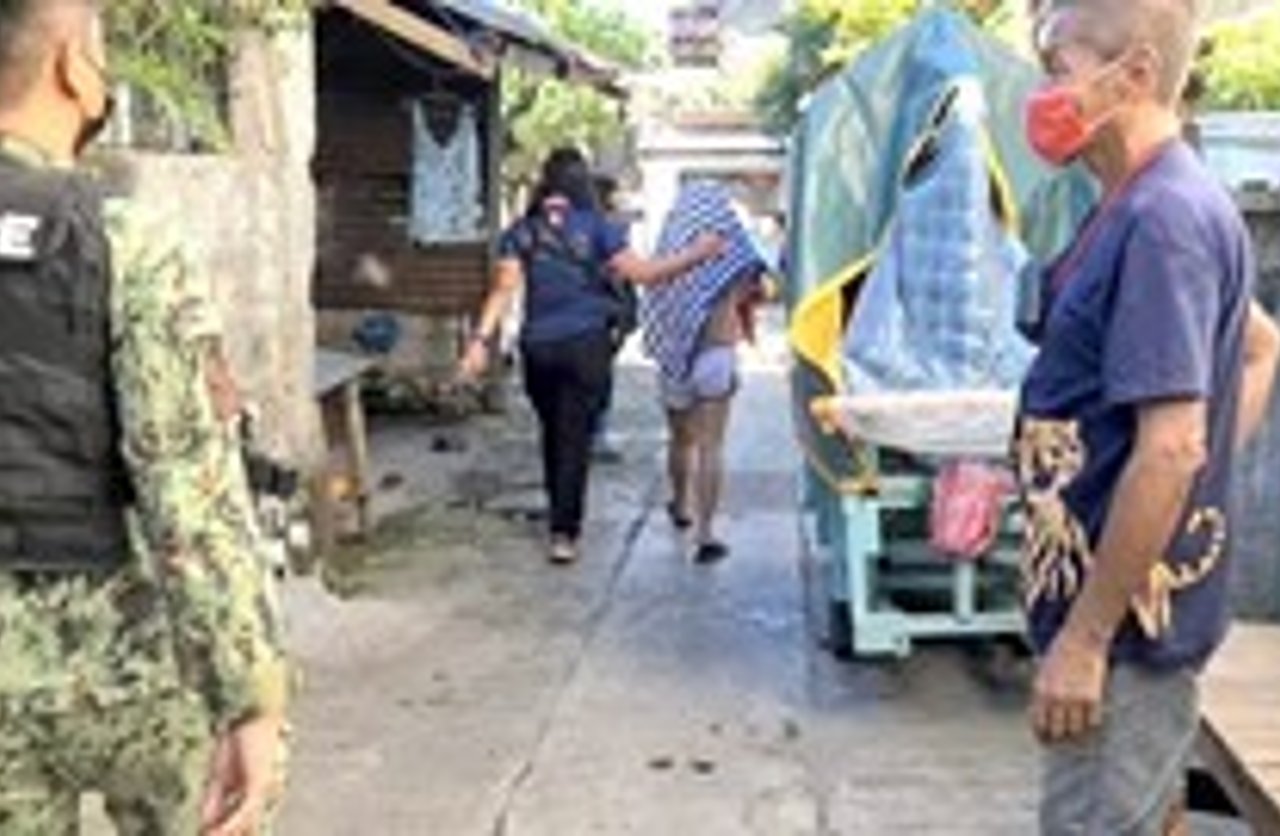Police rescue two girls from online sexual exploitation in the Philippines

MANILA, THE PHILIPPINES – Philippine police rescued two girls and arrested a 39-year-old woman in an operation against online sexual exploitation of children (OSEC) on Friday 29 October 2021.
IJM and the Federal Bureau of Investigation (FBI) supported the operation conducted by Philippine national and local police alongside social services.
The arrest took place at around 3:30 p.m. in Bagong Silang, the Philippines’ most populous barangay (district or neighbourhood), located in Metro Manila. Authorities rescued two female victims – the suspect’s 16-year-old cousin and 8-year-old niece – at the scene. The minors were taken to a designated shelter after undergoing the necessary trauma-informed care for child survivors.
Police Brigadier General Alessandro Abella, Chief of the Women and Children’s Protection Center of the Philippine National Police (PNP-WCPC), had this to say of the suspect:
“She was supposed to be taking care of them, but instead she did the opposite and exploited them online for monetary gain. We won’t stop until all are free from online sexual exploitation of children.”




Photos from the arrest/rescue operation courtesy of the PNP-WCPC.
The case originated in the United States, when FBI agents arrested an American national on suspicion of facilitating cybersex crimes involving minors. The case was then referred to the Philippine Internet Crimes Against Children Center (PICACC), of which IJM is a member, for investigation into the local trafficker involved.
The female suspect was taken to PNP headquarters at Camp Crame for proper documentation and disposition. She will be charged under Philippine anti-trafficking and child protection laws.
Police Colonel Maria Sheila T. Portento added to Brigadier General Abella’s statement by saying that:
“[This] is indeed a crime with no borders. Inter-agency cooperation with our foreign counterparts is vital to bring justice for all victims in both parts of the world.”
Note to Editors:
- The names of the suspects are withheld to protect the identity of the victims.
- The Terminology Guidelines for the Protection of Children from Sexual Exploitation and Sexual Abuse, also known as the Luxembourg Guidelines, prescribes the use of the term “child sexual abuse material” or “child sexual exploitation material” instead of “child pornography”, except when referencing the name of statute. Sexualised material that depicts or otherwise represents children is a representation, and a form, of child sexual abuse and should not be described as “pornography.”
- The PICACC is a model of enhanced global law enforcement response against online sexual exploitation of children, composed of PNP-WCPC, National Bureau of Investigation – Anti-Human Trafficking Division, Australian Federal Police, UK National Crime Agency, and the National Police of the Netherlands; in partnership with International Justice Mission.
Learn more about the crime of OSEC.